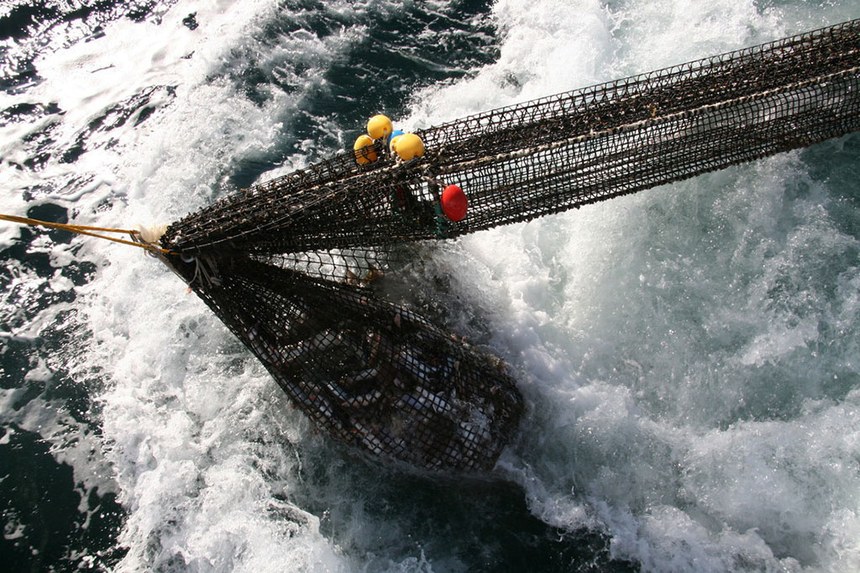Overview
Fisheries are composed of one or more parts, each of which is entitled to receive an MSC certificate. These parts or “units” are defined by their target stock(s), fishing gear type(s) and if relevant vessel type(s), and the fishing fleets or groups of vessels.
Attention
Some or all units that participated in this fishery are now covered by another assessment. Please see the Joint demersal fisheries in the North Sea and adjacent waters for more information.
Catch by Species
| Species | Reported Catch Year | Metric Tonnes |
|---|---|---|
| Atlantic cod (Gadus morhua) | 2018 | 5,496 |
| Saithe(=Pollock) (Pollachius virens) | 2017 | 2,841 |
Information is provided by an independent Conformity Assessment Body as live weight (the weight of species at the time of catch, before processing) and where a fishing season covers multiple years, the end year is given as the reported catch year. Additional information is available in the latest report, see the assessments page.
About this Fishery
Saithe (also called coley) is a whitefish closely related to pollock, common in the North Atlantic. The fish mature at around 5-7 years and spawn along coastal banks, mainly in February when the water temperature is 6-10°C. Following spawning, larvae settle in inshore areas and migrate to the coastal areas at 2-4 years of age. Smaller saithe feed on crustaceans, while larger saithe more commonly feed on fish.
Around 150 vessels belonging to the Danish Fishermen’s Producer Organization (DFPO) target saithe. Large vessels, typically longer than 15m, use demersal or bottom otter trawl (single, twin and pair) towed fishing gear. Danish fishers also use gillnets and Danish seines to target saithe.
The fishery has various strategies in place for managing and minimising bycatch of other species, particularly juvenile cod. The saithe fishery is thought to be unlikely to overlap with sensitive habitats, but the DFPA is contributing to efforts to map fishing activities and habitats in order to identify and minimise impacts.
The scope of the fishery was extended with the cod stock entering assessment in 2016.
Nets being hauled image © Fiskeritidende
Market Information
The main markets for Danish saithe are Germany, the Netherlands, France and Spain. A small amount is filleted in Denmark for domestic consumption.
